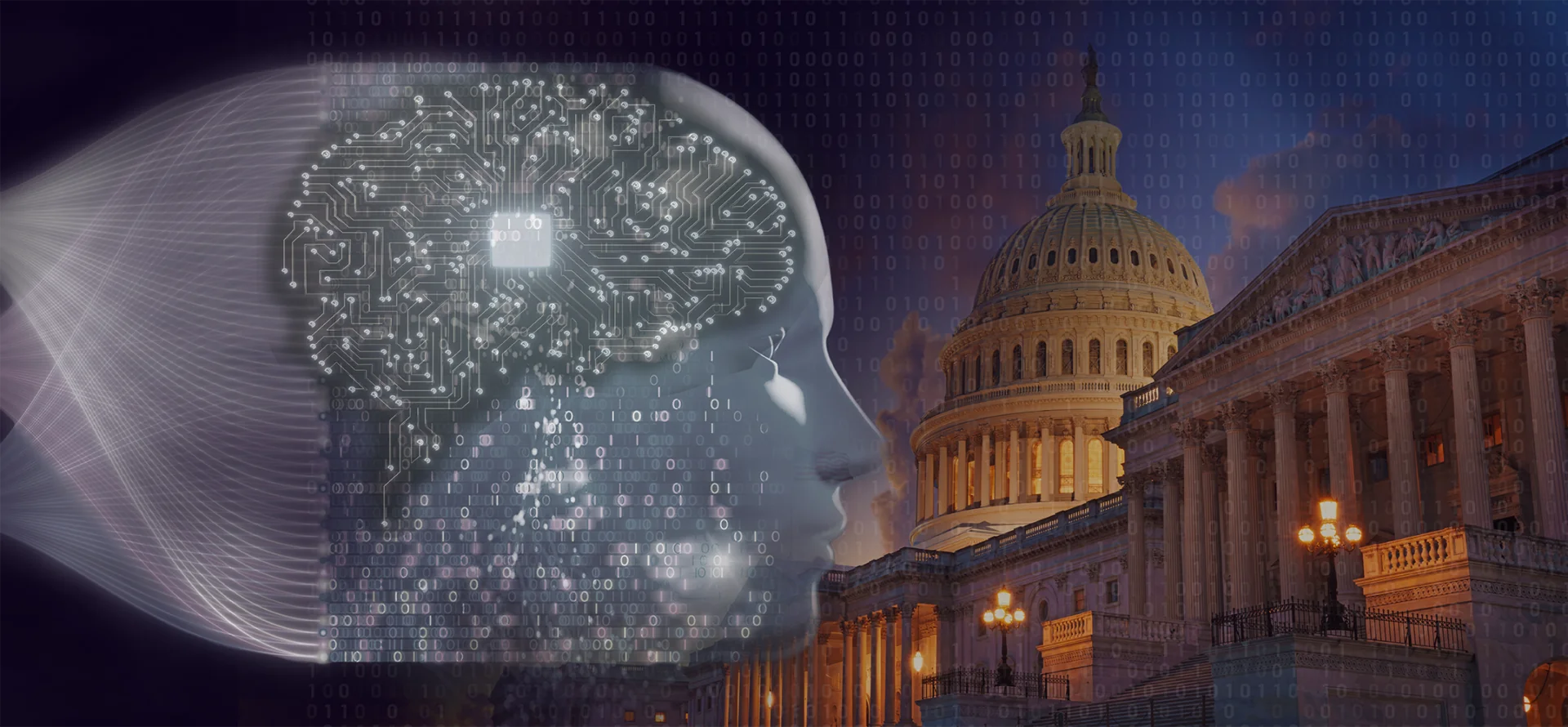Executive Summary:
The recent decision by the U.S. Supreme Court in Loper Bright Enterprises v. Raimondo overruled the decades-long precedent set by Chevron U.S.A. Inc. v. NRDC that directed courts to defer to a federal agency’s interpretation of any ambiguous statutes passed by Congress as long as that interpretation was considered “reasonable.” The impact that the removal of this precedent, termed Chevron deference, will have on the ability of agencies to adequately implement regulations is not just significant – it’s urgent.
Chevron deference has been used countless times in civil cases challenging federal agencies’ regulations. Congress is often unclear in its language, sometimes intentionally and sometimes due to a lack of subject matter expertise, and this precedent has allowed federal agencies to implement regulations intended to protect the American people in ways Congress did not foresee when drafting laws.
As Congress begins the process of establishing regulatory law governing the fast-emerging field of artificial intelligence, the high court’s ruling is likely to have a profound effect. Because Congress does not have the requisite knowledge of AI technologies to draft clear and comprehensive laws, the AI regulations it institutes will likely end up in court, where judges no longer need to adhere to the Chevron deference. This makes immediate action to adapt to the new legal landscape a priority.
Upon the loss of Chevron deference, courts will now refer to the precedent set by an earlier case, called Skidmore deference, wherein federal agencies’ interpretations must demonstrate “persuasive reasoning” rather than simply being “reasonable.” This change means agencies must somehow develop arguments that involve complex technical details yet are sufficiently persuasive to an audience unfamiliar with the field to justify every regulation they impose. Agencies tasked with ensuring the basic health, safety, and security of American citizens are vulnerable to an onslaught of litigation, and their power to adequately perform their duties as assigned by Congress is in danger. It is now uncertain if the U.S. government will be able to ensure clean water, safe food and drugs, and even protect technological advancements with national security implications from being sold to its adversaries.
The agencies that will struggle to meet this “persuasive” threshold the most will be those with the authority to regulate highly technical fields and industries. Judges are not expected to be subject matter experts in technical fields, as their area of expertise is interpreting law. However, it will now be left up to the determination of a judge if an agency’s deeply technical and scientifically sound argument is compelling prior to deferring to the agency’s interpretation. For jargon-heavy technical fields, this is a difficult barrier to overcome. In future cases challenging regulations on scientific and technological topics, the ability of federal regulatory agencies to adequately defend their interpretations is most at risk.
Perhaps the field most affected is artificial intelligence, over which no federal regulatory agencies yet exist. It is almost universally accepted that some regulations on the proliferation of artificial intelligence must be put in place to protect both individuals’ rights and national security. However, no federal agency has specific authority over AI, and no comprehensive federal legislation has been passed to regulate its use and development. To compound the difficulties inherently present in the process of regulating AI, few individuals, even those who are tech-savvy, have a sufficient conceptual understanding of artificial intelligence. Without Chevron deference, it would fall to the discretion of judges, who, like most people, are not familiar with the workings of AI, to determine whether disputed regulations implemented on AI systems are valid and the justification for their existence is persuasive. This development is likely to significantly hinder the nascent attempts to implement important regulations on artificial intelligence to safeguard the American people and the nation’s security.
However, as comprehensive regulations have not been created to control the proliferation of artificial intelligence, there is an opportunity for legislators to rapidly adjust their approach and still address the concerns AI presents. These actions should be taken swiftly and be immediately incorporated into the overall strategy developing in Congress to address the AI question.
Policy Recommendations:
- Establish clear definitions of artificial intelligence terms in coordination with relevant stakeholders.
- Congress must at least partially codify Chevron.
- Congress should establish a federal agency to regulate and oversee AI.
- The AI agency’s authority must be explicit while affording some flexibility to accommodate industry advancements.
- The AI regulatory agency must coordinate with the technology industry and academia.
- Incentivize judges to demonstrate basic AI competencies.
The U.S. Supreme Court’s June 28 decision in Loper Bright Enterprises v. Raimondo overruled Chevron deference, a four-decade-old precedent used by the federal government to approach ambiguities in regulatory laws. The loss of this doctrine is monumental for the entire field of administrative law and will have tangible and immediate impacts on the activity of every federal agency in the United States.
Chevron deference required courts to defer to an agency’s interpretation of regulatory laws passed by Congress when those laws were ambiguous or vague. In the post-Chevron world, the interpretation of unclear statutes will be up to the judgment of the courts. Judges may now decide if an agency’s interpretation of statutes is “persuasive” rather than “reasonable,” as was the precedent set under Chevron U.S.A. Inc. v. NRDC.
After the Chevron decision, Congress assumed Chevron deference would be afforded to knowledgeable agencies when it passed legislation that aimed to enhance the well-being of American citizens, leaving the regulatory details necessary to implement those laws to those with the requisite expertise. The Loper Bright decision weakens agencies’ power to implement regulatory laws and transfers that power to individual judges, even for highly technical regulations and fields in which the judges are not subject matter experts.
The loss of Chevron deference will particularly affect the nascent field of artificial intelligence policy and regulation. AI likely will be incorporated into nearly all aspects of society, and implementing appropriate and measured regulations on AI will require combining multiple areas of expertise. Congress and the executive branch have only recently begun establishing regulatory standards and appropriate boundaries for the development and applications of artificial intelligence, with no binding federal laws passed regulating AI and only a few passed at the state level.
The dearth of experts within Congress on artificial intelligence means members of Congress must rely heavily on outside experts, typically housed within federal agencies, to realize congressional intent within laws. The loss of Chevron deference means those within Congress who aspire to pass legislation to regulate AI and protect the public good must spell out specifics when drafting laws, perhaps to a level that they simply lack the knowledge to achieve. The Loper Bright decision requires a swift and intentional new approach to prevent the regulatory landscape of artificial intelligence from being dictated entirely by non-experts.






